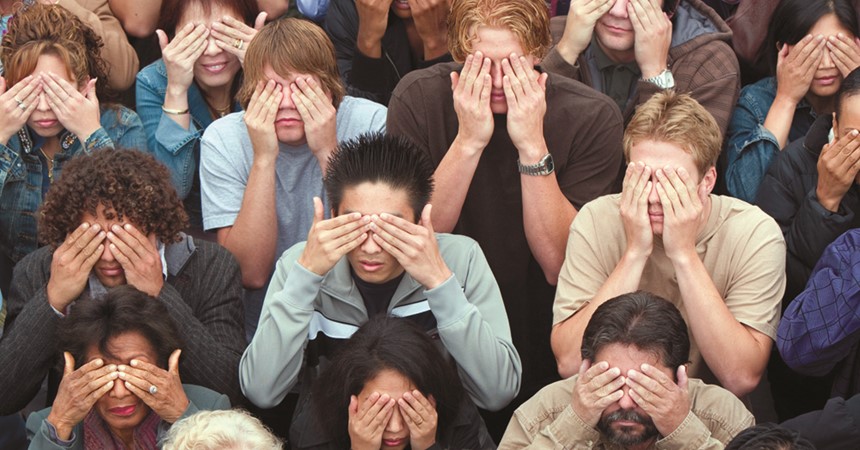For many years people have said that Catholic Social Teaching is our best kept secret, but I don’t think that is really true anymore. Lots of websites – including mine, social-spirituality.net – now have easily accessible explanations of key principles and links to the major papal social justice documents. Two challenges for those of us who are passionate about the Catholic social justice tradition are to encourage deeper knowledge of Catholic Social Teaching among Catholics, and to make it as well known in the wider community as Catholic teaching on sexual morality.
How the Catholic Church understands social justice
Social justice is a 19th century expression – you won’t find it in the bible – but from its very beginning the Church has been concerned about justice in society. The Catholic Church, like the rest of humanity, has come to understand the demands of justice between groups in society more deeply over time. Social justice is not only about how we relate to one another as individuals, it is about fairness in the way different social groups are treated. It involves looking at how our societies’ structures, institutions and processes work.
So, what is Catholic Social Teaching?
Some people see Catholic Social Teaching as a set of universal principles that are applied deductively to life in society, and others seem to think of it as a collection of documents by successive popes. Actually, it is a spiritual and ethical tradition that evolves through a dialogue between human experience in changing social and historical contexts, and the sources of faith, as we seek to discern God’s ongoing action in the world. Let’s unpack that a bit.
Catholic Social Teaching does include important principles that most people would agree on – like the dignity of the human person, and our shared responsibility for the common good – and it is true that it is often recorded and circulated through formal teaching documents by the popes, but it is also more than that. Catholic Social Teaching sums up the teachings of the Church on issues of justice between groups in society. It seeks to shine the light of the gospel on the social justice issues that arise in the complex network of relationships in which we live. It promotes a vision of a just society that is grounded in biblical revelation, the teachings of the leaders of the early church and, importantly, in the wisdom the Christian community has gathered from experience, as it tries to respond to social justice issues through history.
Since the 19th century, a body of formal teaching documents on social justice issues has grown strongly.
Reading the documents
The names of papal encyclicals (basically circular letters from the popes) on social justice come from the first two words of the document in Latin, so they don’t always give a very clear indication of what the document is about - even if you understand Latin. Catholics approach these documents in a more literary than literal way. To make sense of them, we need to think about when and why each one was written and how it relates to what went before it, and any developments that came after it.
From the site statistics for my website I know that people like to read the list of major international Catholic Social Teaching documents, but not so many actually click through to read the full text of those documents. Every summary – even mine – is an interpretation.
I’m afraid there is no substitute for reading the primary sources if you are a Catholic who wants to understand our social justice tradition deeply – but I have put together some tips for reading the social encyclicals on my website which might help you in that effort.
There are local teachings, too
The popes have a really important role in Catholic Social Teaching, but it isn’t all up to them. Local bishops have a responsibility to be teachers of the faith, including on social justice issues, too. They don’t just apply papal teaching to their own context, they teach in communion with the pope. The teachings of the local bishops inform the development of international teachings by the popes and vice versa.
If you are looking for specific and concrete guidelines for action, you are more likely to find them in local teachings rather than in the international teachings, which need to focus more on general principles. You can find out what Bishop Bill Wright is saying about social justice issues on the Diocese ofMaitland-Newcastle website and teachings from other Australian bishops can be found on the Australian Catholic Bishops Conference website. I have a particular interest in the social justice teachings of Catholic bishops in the Asia Pacific region, and share them on my website.
When, as Catholics, we are thinking about how to respond to a social justice issue, we will want to find out about the issue, and also consider what, if anything, Catholic Social Teaching has to say about it. We will make use of the key principles of Catholic Social Teachings and any specific teachings that exist on an issue. Church agencies like the Australian Catholic Social Justice Council and the Australian Catholic Refugee and Migrant Office provide resources that can help. There are also scholars who research, write and teach in this field.























































































